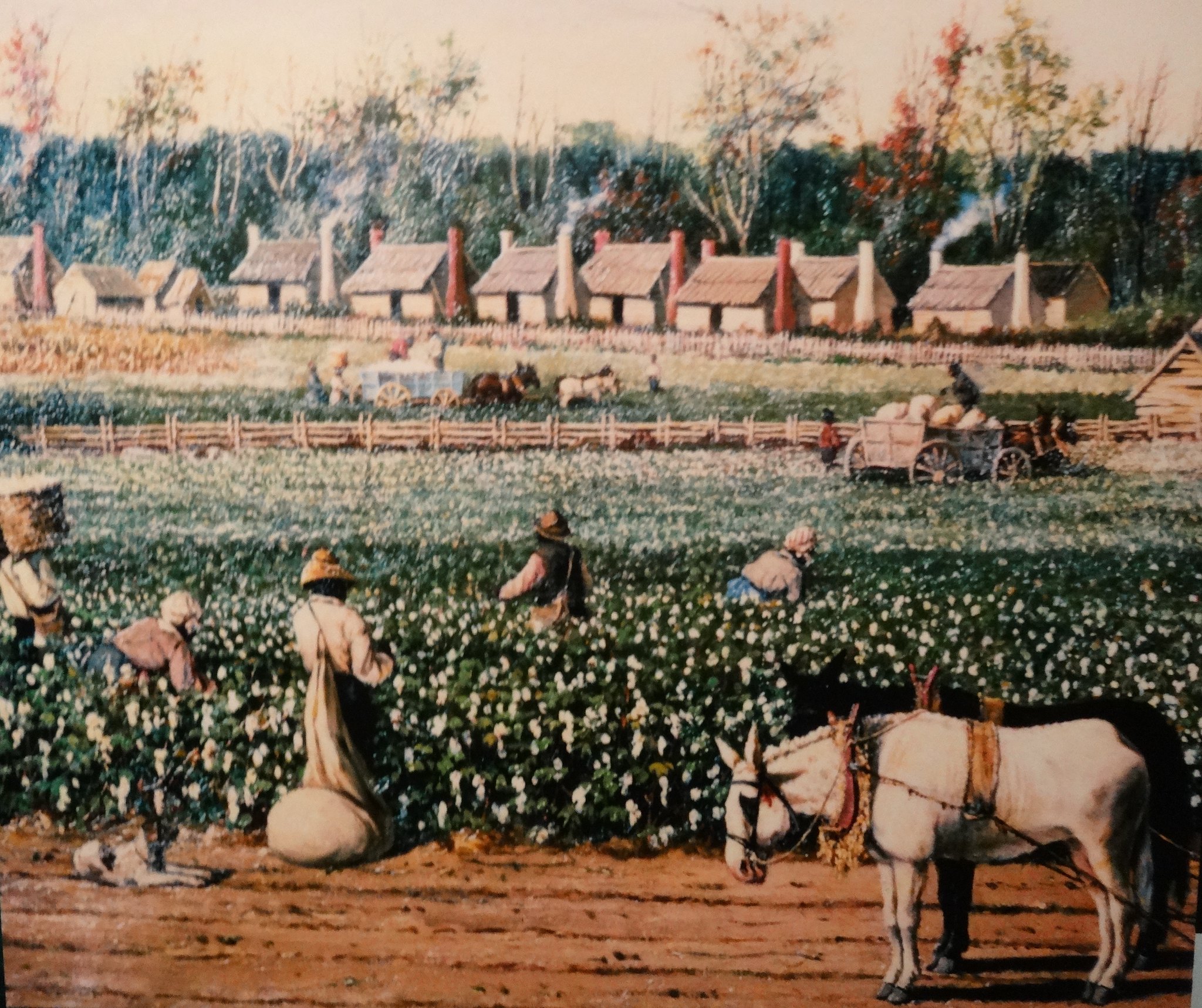If we’re to believe the political left and the legacy media, slavery is the root evil of America. The ludicrous, historically illiterate 1619 Project won a Pulitzer for its risible thesis that slavery was the foundation of America, the source of all its wealth, and the cause of every issue facing black Americans today. Demands for “reparations” are following hot on its tail.
But is all this true? No American today remembers slavery. The last living links with slavery died half a century ago.
Is any American alive today much affected by the “legacy of slavery”?
Just how important is the issue of slavery to today’s African American? To put it bluntly, does the fact that our ancestors were slaves yesterday still affect our ability to be successful today? There are several interesting statistics that need to be taken into account.
The most common statistic cited is poverty. And, on the face of it, there’s good reason to.
According to the U.S. Census Bureau in 1959 over 50% of Black families lived in poverty. Today that percentage has dropped to under 30%. While this is a good thing, the argument can be made that over 20% is still too high.
But is it because of slavery? After all, blacks have nearly halved their poverty rate in the last half century. That can’t be attributed to a rise in general wealth: by contrast, whites have barely changed their poverty rate. As black economist Walter E. Williams pointed out, blacks might be one of the poorest groups in America, but they’re the richest black people in the world. If black America was its own country, Williams further noted, it would be one of the world’s richest.
Does the institution of slavery have something to do with black poverty being so high, today?
The verdict: no.
Crime is generally closely related to poverty. Crime rates in black America today are staggering.
In the early part of the nineteenth century a little over 5% of the black population was incarcerated. Throughout the 20’s, 30’s, 40s, and 50’s that number didn’t increase a substantial amount.
So, when slavery was a lived reality and then a living memory for black Americans, incarceration rates were remarkably low. The same was true for the first generations of blacks who never knew slavery, but certainly experienced discrimination and oppression.
It was after the Civil Rights movement that incarceration rates soared.
The first noticeable increase began to occur in the 1960’s. It wasn’t until the mid to late 1970’s and early 80’s that those numbers began to explode.
Why?
It has been well documented that towards the end of the Vietnam War the proliferation of illicit drugs began to flood the urban areas of major metropolitan cities. Black men like Frank White, portrayed by Denzel Washington in the movie American Gangster, were one of the multitudes that grew in power and wealth […]
So, is the fact that crime rates in many black communities is double that of white communities an evidence of the ravages of slavery?
[…]The verdict: no.
But there is one lingering effect of slavery that the authors attest to: Education.
In 1940 barely 1% of African Americans had earned a bachelor’s degree from a University. Undoubtedly this had nothing to do with the intellectual capacity of black people, but rather it had everything to do with economics and racism. Today that number has grown to slightly over 20%, which is a vast improvement.
Ironically 60% of the states with the lowest percentage of blacks with bachelor’s degrees or higher were former slave states. Conversely of the states boasting the highest rate of black degree holders, only 10% are former slave states.
A slam-dunk for the deleterious, lasting effects of slavery! Not quite…
If you look more closely at the numbers something interesting occurs. The one former slave state that is a top state for black academics is Georgia which happens to be in the top 5 of states with the highest population concentrations of black folks. Even moreso the region with the absolute highest population concentration of blacks is The District of Columbia, which happens to share the same geographic region of two states that have the highest level of black intellectuals.
So, while there is quite a bit of room for improvement in this area, black folks, by and large, appreciate and tend to take advantage of educational opportunities.
And that’s a remnant of slavery.
Because slaves knew what NOT having an education meant. This is why prestigious historically black universities are concentrated throughout former slave states and territories.
Thy Black Man
Grimly, contemporary black popular culture actively devalues the importance of education for black Americans. Even black writers like Ta-Nahisi Coates admit that they were targeted by fellow blacks for “acting too white” (i.e. being studious).
Which is why Walter E. Williams advised today’s black Americans to recover the virtues “of hard work, sacrifice and a no-nonsense approach to life,” that led to such rapid improvements for black Americans in the last century.

